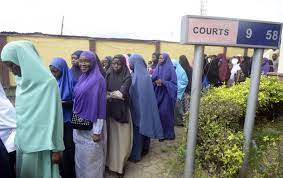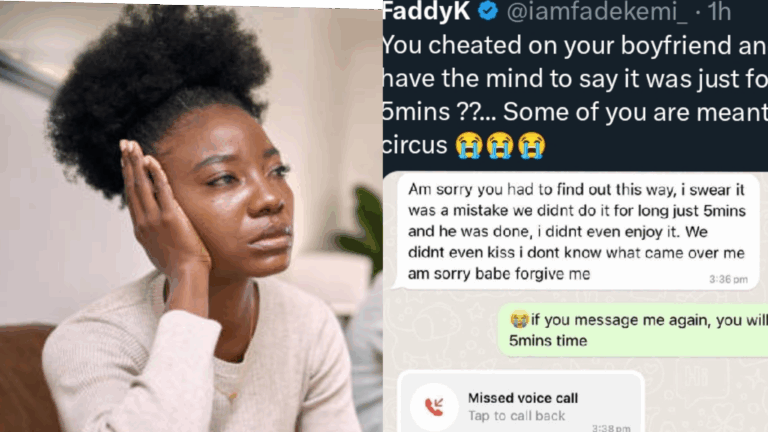
As a Christian and a lawyer, I cannot fault the judgment of the Supreme Court (SC) striking down the ban on the wearing of hijab by Muslim female students in Lagos schools. Many Christians would be shocked that my conviction is also premised on my Faith as a Christian. Many do not know that the New Testament doctrine, as espoused in the letters of Paul the Apostle, of the liberty of the individual to decide such matters having regard to the fundamental principles of holiness and sobriety, justifies the position of the Supreme Court (SC). The Bible does not prescribe any uniform code of dressing for any gender or class preferring to focus attention on the heart condition and position of the individual while putting on any apparel.
However, the hijab is more than dressing. It is just the tip of the iceberg for women and their struggles with and within the Islamic religion. First of all, what is the hijab? As far as I can observe, there is the full covering hijab which fully masks the face and body, there is a variant that makes only the eyes and the bridge of the nose visible and there’s another variant that makes the full face visible. With regards to length, apart from the full body, you have the ankle length, the waist length and the shoulder length. Sometimes, the shoulder length is tucked into the dress where the neck sits on the shoulders to make visible only the head, ear and neck covering. The question therefore is which hijab has the Supreme Court (SC) approved?
A decision based upon freedom of religion or the injunctions of Islam would present challenges of interpretation with regards to, for instance, a student that comes to school wearing the full face covering hijab or the one that exposes only her eyes. What should the school authorities do about such? Do the school authorities or the State Government have the right to prescribe the kind and color of hijab that should be worn? If the answer is yes, it brings us full circle to the position of Lagos State that it has the right to regulate and prescribe the form of dressing students should wear to school. A decision based upon the freedom of religion would therefore be right on the score of freedom of choice but wrong on the premise of that choice on religion or religious conviction.
The State cannot leave religion to determine conduct in an educational establishment where the object is to mould minds and character and in which the first and primary lesson to be instilled and imprinted is conformity to instructions and objective standards. Could we leave every child to come to school wearing whatever the parents fancy is in conformity with their individual faiths?
The judgment of the SC should therefore find justification in the need to broaden the prescriptions regarding school uniforms to accommodate as many preferences as possible, not in religion or religious persuasion.
There is another issue that I have with Muslim women and the hijab. Would it be up to each female Muslim student to decide whether or not to wear a hijab? Would it be up to any Muslim parent or guardian to decide whether or not their ward should wear a hijab? This question is fundamental because in practice winning a legal battle on the basis of freedom of religion is usually the first step. The next step is to deny that freedom to the adherents of that religion. Like in Kano, some characters would constitute themselves into some kind of religious police to force their own interpretation of the religion on others. Freedom of religion is not only about freedom to practice any religion, it is more fundamentally a freedom to determine what religious practice to observe. It is within the right a female Muslim to decide whether or not to wear a hijab. It would be against the principle of freedom of religion to compel her to wear one just because she identifies as a Muslim. I would not be surprised if the next challenge that presents itself in Lagos should be overzealous Muslim heads of schools punishing or even sending female Muslim students away from school for not putting on the hijab.
By Chuks Nwachuku






